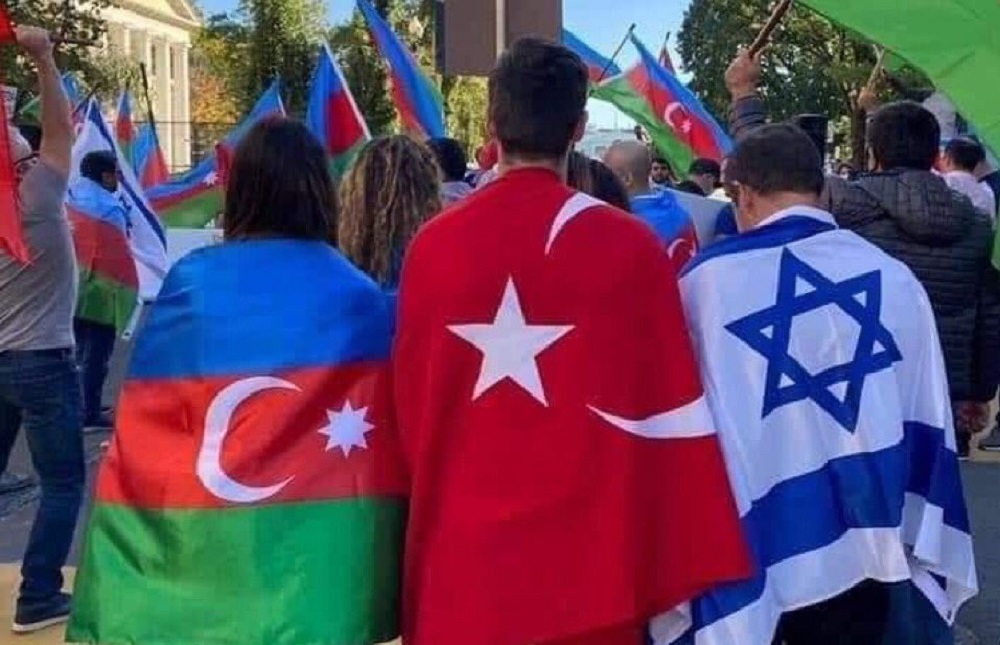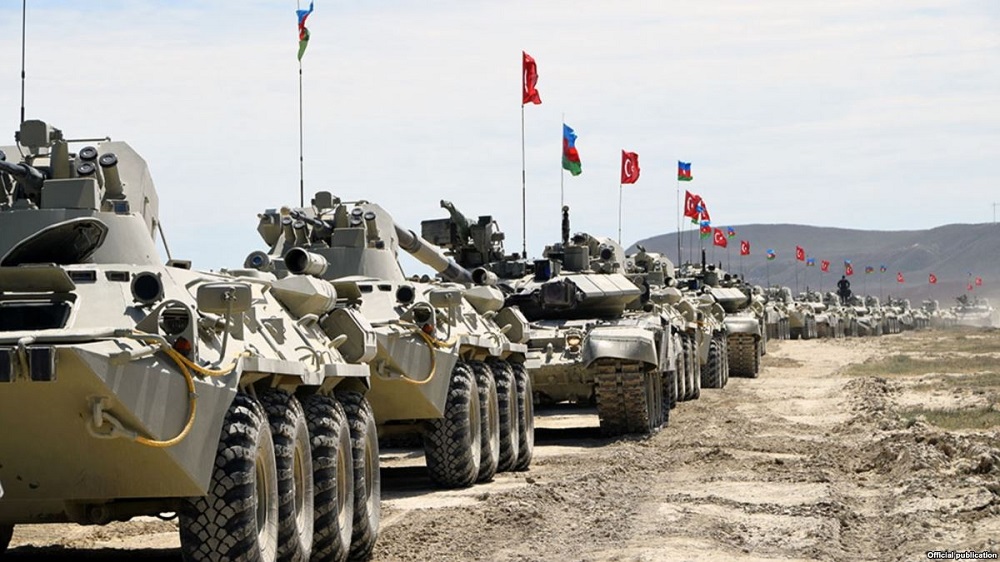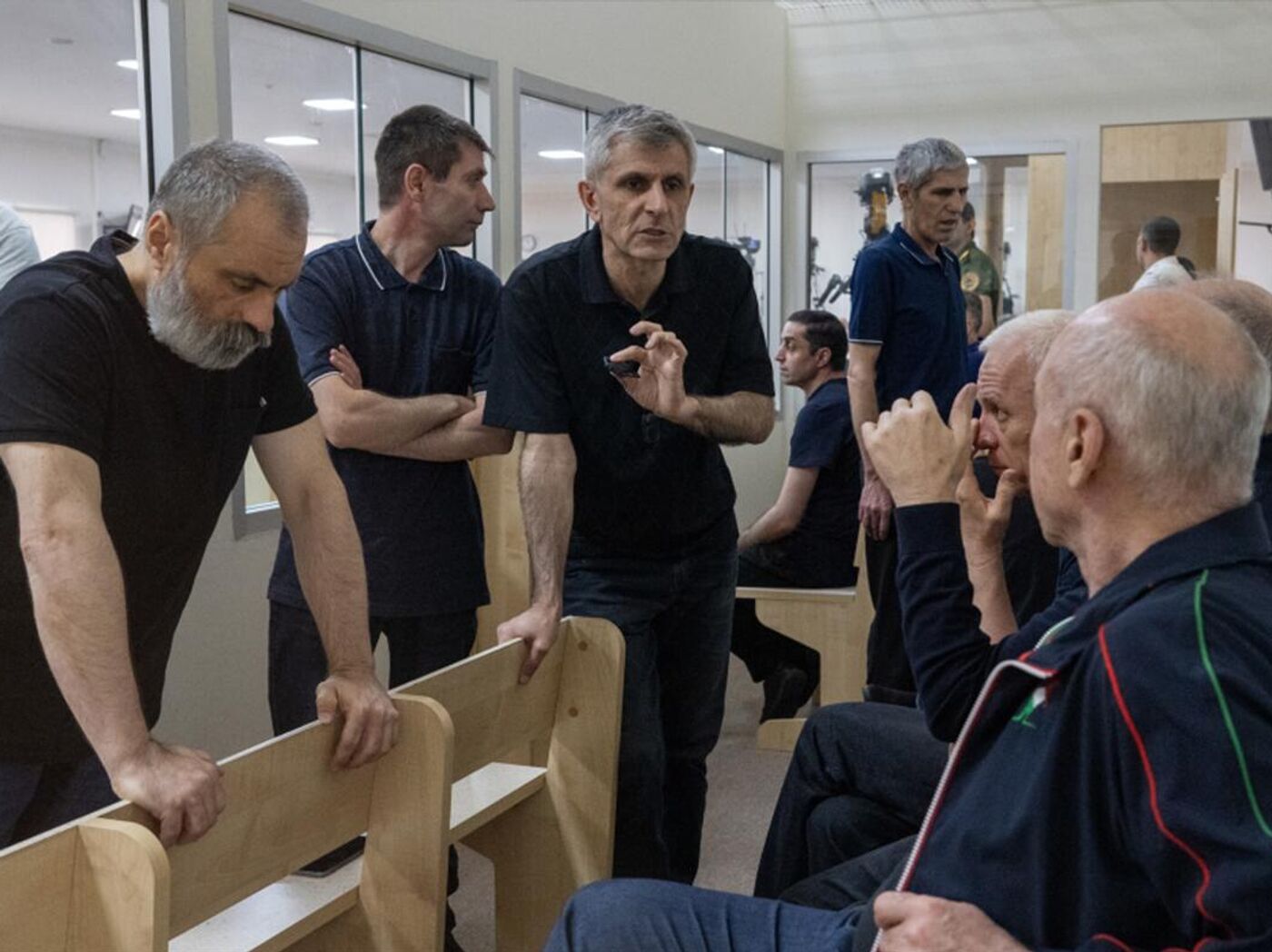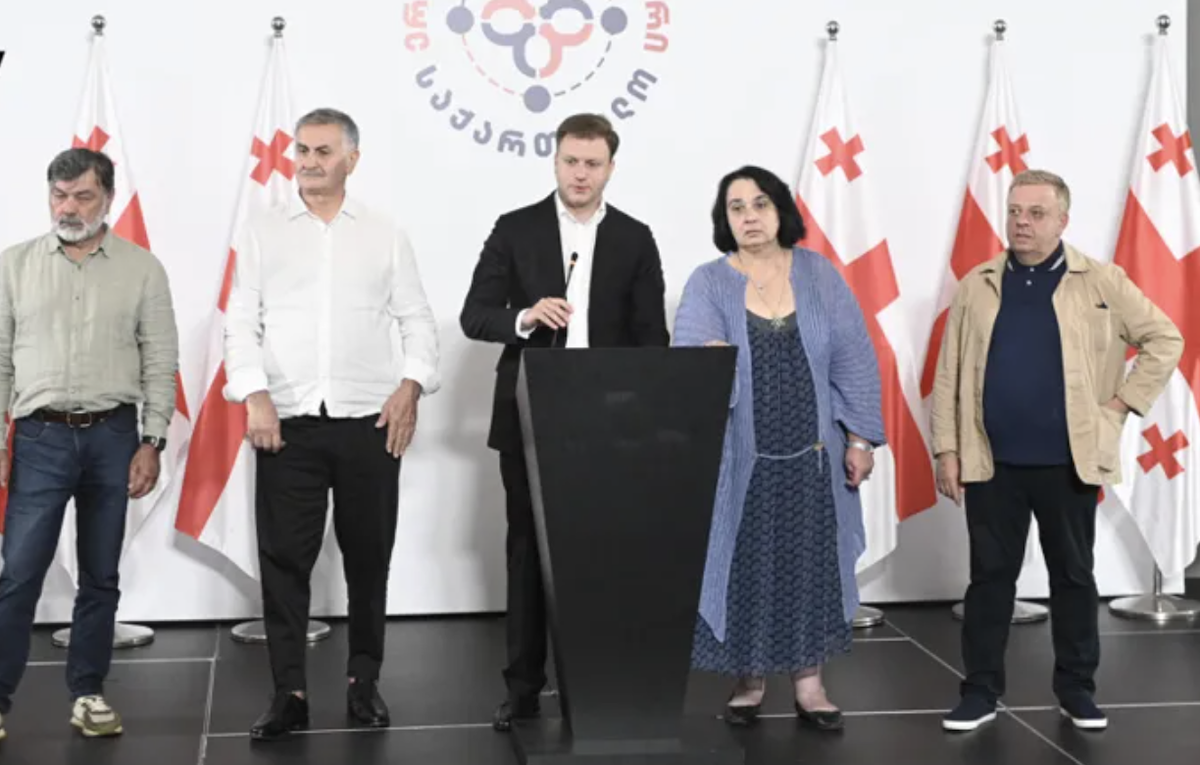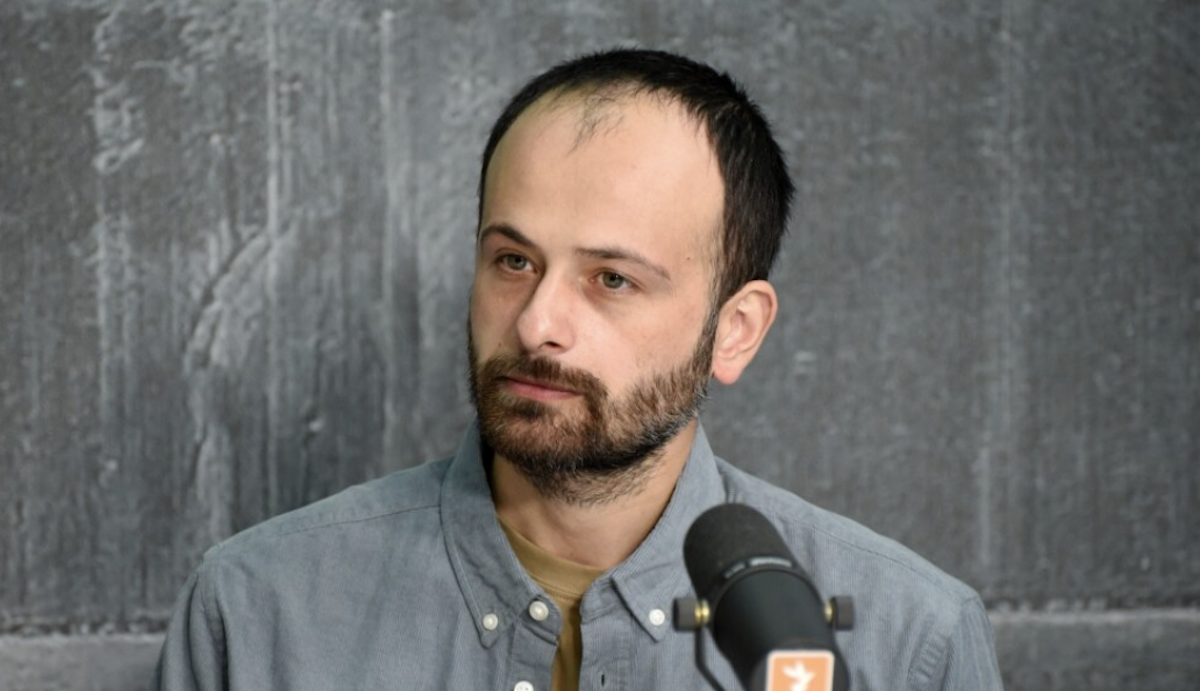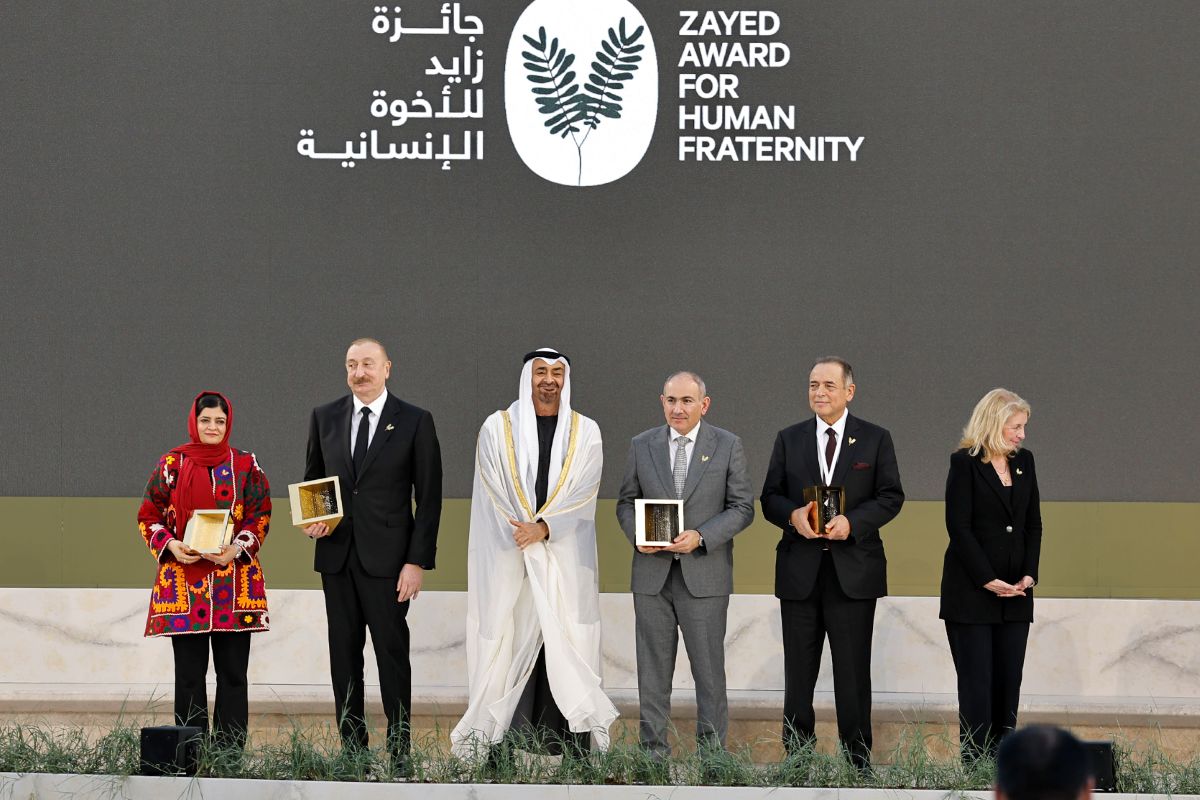Is a big war possible? View from Baku
War in the Middle East
The ongoing war in the Middle East remains the main topic on the world agenda. The hostilities between Israel and Palestine cause heated discussions also in the expert environment and among social media users in Azerbaijan.
- Georgian connection in case of social media personalities arrested in Turkey
- “Economic growth in Armenia is unstable”: analysis of the situation and expert’s forecast
- Access to TikTok unblocked in Azerbaijan
The South Caucasus Studies Center has published an analytical paper classifying the countries of the world in relation to the Palestinian-Israeli conflict. Azerbaijani experts also tried to predict the future course of events in the Middle East.
The situation in the Middle East today
“The situation in the Middle East remains tense. The sudden attack of the radical Palestinian organization Hamas on Israel was remembered for its ruthlessness, special cruelty against civilians, but the ongoing Israeli response is also characterized by excessive rigidity.
The Israel Defense Forces are carrying out the third stage of the special military operation “Iron Swords” in the Gaza Strip. The purpose of this operation is declared to be the destruction of the military infrastructure and management potential of Hamas and cleansing the region of militants.
Hamas at first expressed the desire to exchange hostages for Palestinians held in Israeli prisons, but the intensity and scale of rocket attacks, as well as the invasion of Israeli troops in Gaza, creates risks of turning this conflict into a major war.”
Classification of countries of the world in relation to conflict
“At present, the countries of the world in relation to the latest tension in the Palestinian-Israeli conflict can be conditionally divided into three groups:
- supporters of Israel: this group includes countries that, as a rule, turn a blind eye to Israel’s excessively harsh steps, basing the corresponding measures on Tel Aviv’s right to self-defense. At the same time, these countries call Hamas a terrorist organization and consider the organization and its supporters the main source of tension in the region;
- Hamas supporters: these countries unequivocally support the radical Palestinian movement and justify all its brutal acts. They do not hesitate to call Israel a “terrorist state” and blame Tel Aviv and its allies for all the events in the region;
- Neutral countries: the countries of the third group, unlike the first two, demonstrate a more objective and balanced position. In their speeches, officials of these states criticize both Israel and Hamas for the inconsistency of their actions with humanitarian law and the rules of warfare. They support a solution to the conflict based on UN resolutions and the two-state solution, reflecting the parallel existence of Israel and Palestine.
Is a major war possible?
“Despite the differences in attitudes toward the ongoing confrontation, there is a point that unites all the countries from the three groups we have listed. For example, strong and not so strong countries are not interested in spreading the conflict to a wider area, turning local skirmishes into a large-scale regional war.
Although the Western press portrays Russia and China as interested in a major war, in reality a large-scale conflict is an undesirable scenario for both countries.
Fomenting a local hotbed of tension in the Middle East is intended to dilute the attention and resources of the West, led by the United States. Russia is trying to weaken U.S. aid to Ukraine. China wants to exclude the India-Middle East-Europe Economic Corridor (IMEC) project, which should pass through Israel, from the world agenda in order to promote its “One Belt, One Road” initiative.
In other words, the continuation of the conflict between Israel and Palestine within a limited framework now fully meets the interests of Moscow and Beijing.
But if the scale of the conflict increases and the number of countries directly involved in military clashes grows, then there is a high probability that Iran, an ally of Russia and China, will come under attack. On the other hand, a major war could upset the balance both in the West and between Moscow-Beijing-Tehran-Pyongyang, which is not in the interests of either side. Therefore the Kremlin and its supporters are interested in containing tension in the Middle East in the near term.
In a word, the development of events according to the negative scenario can lead to a global catastrophe, the vector of development of which is impossible to predict. It is this circumstance that forces the interested parties to act cautiously. And for this reason, the probability of the Palestinian-Israeli conflict going beyond the current framework and turning it into a large-scale regional war is low.”










